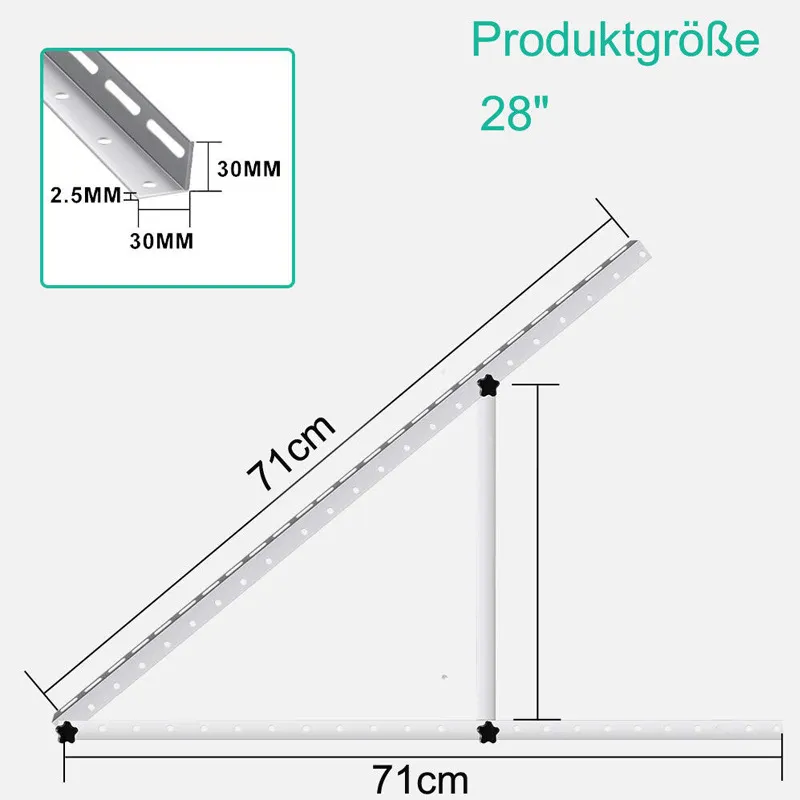

High-Quality M4 Steel Washers for Reliable Performance and Durability in Various Applications
Th11 . 10, 2024 07:45 Back to list
High-Quality M4 Steel Washers for Reliable Performance and Durability in Various Applications
Understanding M4 Steel Washers Essential Components for Precision Engineering
In the world of engineering and manufacturing, even the smallest components play a critical role in the overall functionality and durability of mechanical systems. Among these essential components are washers, particularly M4 steel washers. These small circular discs may seem insignificant, but they serve crucial purposes in fastening applications by distributing load, reducing vibration, and preventing leakage.
What Are M4 Steel Washers?
M4 steel washers are specifically designed to fit M4 screws, which have a nominal diameter of 4mm. The 'M' indicates that these screws follow the metric system, a standard in many industries across the globe. Washers can be made from various materials; however, steel, particularly stainless and carbon steel, is preferred in applications where strength, durability, and resistance to environmental factors are required.
Steel washers, such as those made from M4 specifications, are often chosen for their high tensile strength and ability to withstand heavier loads. Their surface finish—whether zinc-plated, black oxide, or plain—also contributes to their resistance to corrosion and wear, making them suitable for use in both indoor and outdoor environments.
The Functionality of M4 Steel Washers
The primary roles of M4 steel washers can be categorized into several aspects
1. Load Distribution When a screw is fastened, the pressure exerted on the surfaces can lead to deformation. M4 washers help distribute this pressure over a larger area, thereby reducing the likelihood of damaging the surface materials being joined.
m4 steel washers

2. Vibration Damping In machinery and automotive applications, vibrations can result from regular operation. M4 washers can absorb some of these vibrations, preventing the loosening of screws and ensuring a tighter, more secure connection over time.
3. Prevention of Surface Damage By acting as a barrier between the screw head and the surface, washers can prevent scratching and denting of the material. This is particularly important in delicate or finished surfaces where aesthetics matter as much as functionality.
4. Sealing Capabilities In certain applications, washers are used to create a seal that prevents fluids from leaking out. M4 steel washers, when used in conjunction with o-rings or other sealing elements, can help achieve a tighter seal around screws and bolts.
Choosing the Right M4 Steel Washer
When selecting M4 steel washers for your project, consider factors such as load-bearing requirements, environmental conditions, and compatibility with other materials. The thickness of the washer, its finish, and whether it needs special coatings (like for corrosion resistance) are also important factors to assess.
Different types of M4 washers, such as flat washers, spring washers, and locking washers, serve specific functions and applications. Flat washers are the most common, while spring washers provide added resilience, and locking washers help maintain tightness by preventing uncontrolled movement.
Conclusion
In conclusion, M4 steel washers are vital components that may go unnoticed but are indispensable in various mechanical assemblies. Their ability to distribute load, reduce vibration, prevent surface damage, and provide sealing solutions makes them essential in the design and function of machinery and structures. When working on engineering projects or repairs, ensuring the right choice of M4 steel washers can enhance the longevity and performance of your devices, proving that even the smallest details can make a significant difference. As technologies advance and applications broaden, the role of these washers will continue to be critical in the vast field of precision engineering.
Latest news
-
Hot Dip Galvanized Bolts-About LongZe|High Strength, Corrosion Resistance
NewsJul.30,2025
-
High-Strength Hot Dip Galvanized Bolts - Hebei Longze | Corrosion Resistance, Customization
NewsJul.30,2025
-
Hot Dip Galvanized Bolts-Hebei Longze|Corrosion Resistance&High Strength
NewsJul.30,2025
-
High-Strength Hot-Dip Galvanized Bolts-Hebei Longze|Corrosion Resistance&High Strength
NewsJul.30,2025
-
Hot Dip Galvanized Bolts-Hebei Longze|Corrosion Resistance&High Strength
NewsJul.30,2025
-
Hot Dip Galvanized Bolts - Hebei Longze | Corrosion Resistance, High Strength
NewsJul.30,2025

